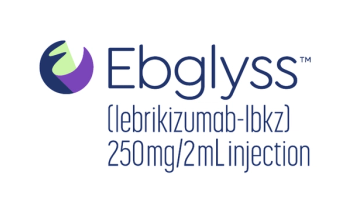
- MHE August 2022
- Volume 32
- Issue 8
2022 Pharmacy Survey Results: PBMs | Part 6
Most of the respondents to the survey agreed that negotiations by pharmacy benefit managers (PBMs) lowers net drug prices. About half favored imposing transparency rules on PBMs.
Sixth of six parts
Fairly or not, in the blame game for high drug prices, pharmacy benefit managers (PBMs) often come up as the middlemen who make profits but don’t add much value.
The respondents to our 2022 Pharmacy Survey beg to differ.
A strong majority (62%) indicated that PBMs help lower net drug prices. Only a small group (21%) thought antitrust action to break up the dominant PBMs should be considered. An even smaller group (15%) agreed with strengthening the audit rights for employers and government payers.
But these results are not surprising considering that about 38% of the more than 950 respondents to the survey said they work for a PBM.
The survey was distributed online in late June and early through various channels by Managed Healthcare Executive® and our colleagues at Pharmacy Times®.
Of the remaining respondents, 24% said they worked for a payer organization, 21% said they worked for a provider, 9% for a pharmaceutical company and 8% for consultants (the total is more than 100% because a few respondents said their employers were in more than one sector).
The PBM industry is criticized for being opaque and keeping rebates and pricing arrangements secret. About half (49%) of the respondents said they favor imposing transparency rules on PBMs, and sizable minority (44%) favored requiring formulary placement to reflect the total cost of drugs.
And about half (48%) said value-based contracts between payer and drugmakers would slow the growth in drug expenditures, and about the same proportion (47%) said revising benefit design to create incentives to choose the most cost-effective option would help.
Articles in this issue
over 3 years ago
The Latest on CAR-T Therapyover 3 years ago
The 340B Program is at a Crossroadsover 3 years ago
How Employers, Insurers are Coping With Abortion After Dobbsover 3 years ago
2022 Pharmacy Survey Results: Aduhelm | Part 5over 3 years ago
Telehealth Abortion After Dobbsover 3 years ago
2022 Pharmacy Survey Results: PrEP and Wegovy | Part 4over 3 years ago
2022 Pharmacy Survey Results: Biosimilars | Part 3over 3 years ago
The Private Equity Bet on Healthcareover 3 years ago
2022 Pharmacy Survey Results: Drug Prices | Part 2over 3 years ago
2022 Pharmacy Survey Results: COVID-19 | Part 1Newsletter
Get the latest industry news, event updates, and more from Managed healthcare Executive.























